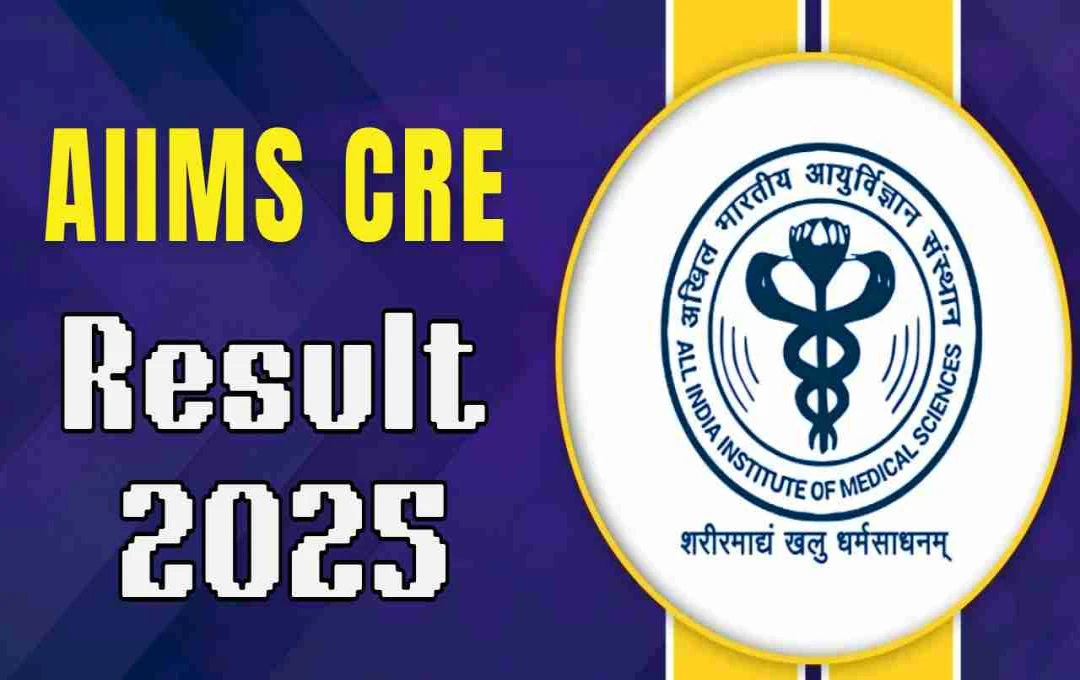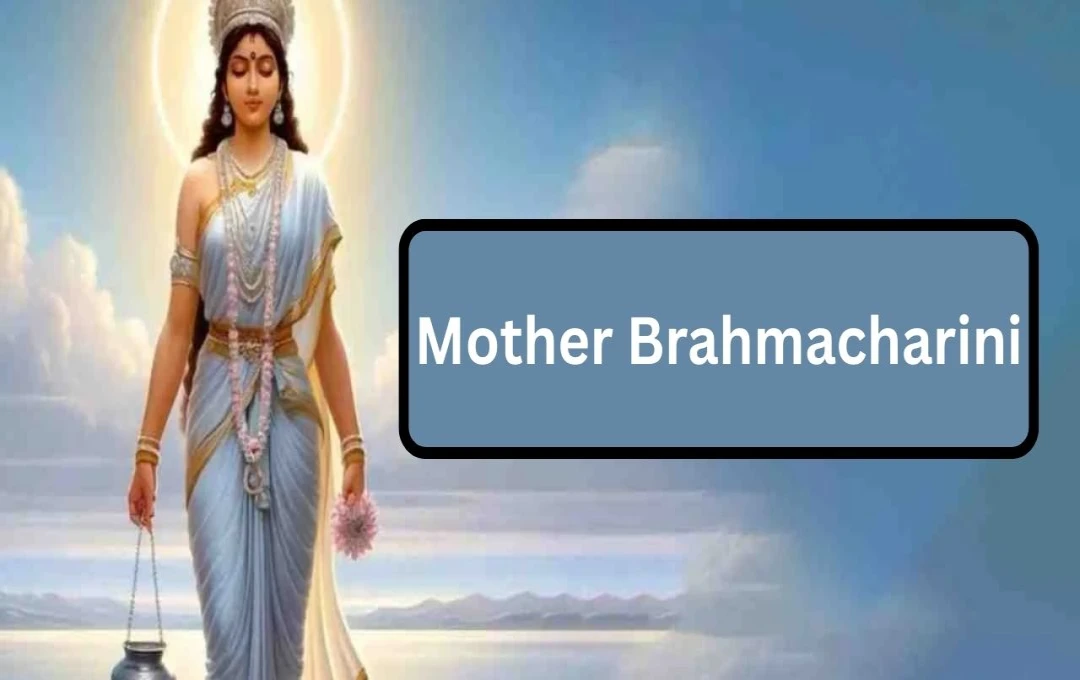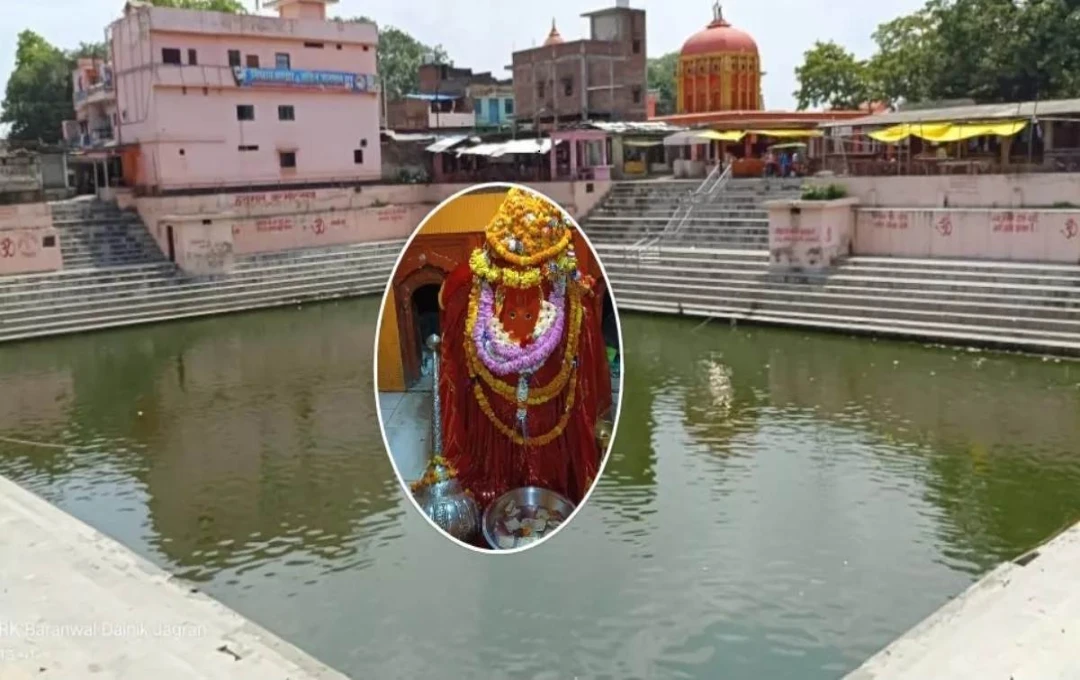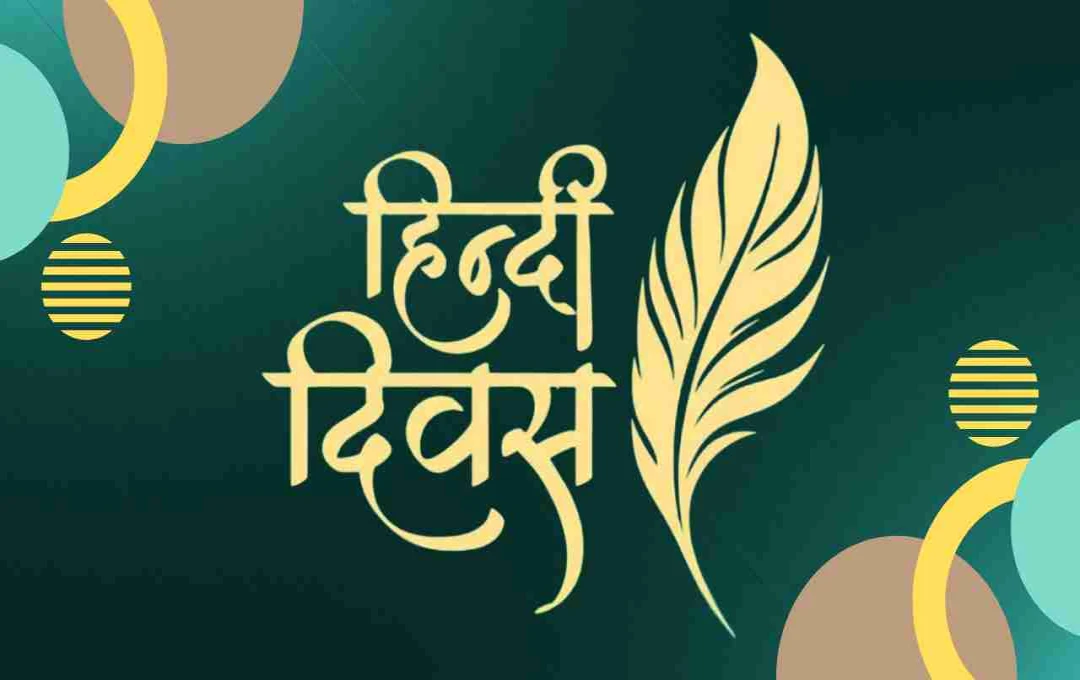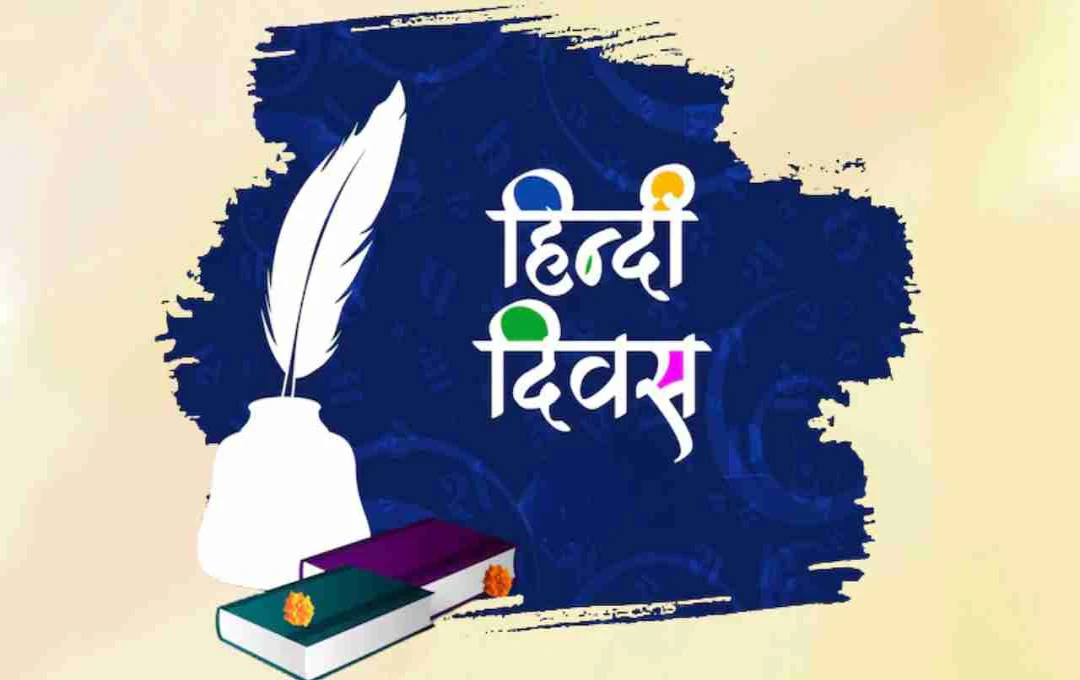The Supreme Court, during a hearing on a section of the Hindu Succession Act, stated that a childless widow's property will go to her in-laws rather than her parental family after her death. The court recognized the tradition of 'gotra' change and 'kanyadan' in Hindu marriages.
New Delhi. The Supreme Court has made a significant observation while hearing a section of the Hindu Succession Act. The court clarified that after the death of a childless Hindu widow, her property will go to her in-laws instead of her parental family. During the proceedings, the court also shared its perspective on the tradition of Hindu marriage and the change of 'gotra'.
Woman's 'Gotra' Changes After Marriage
During the hearing, the Supreme Court stated that in a Hindu marriage, when a woman gets married, her 'gotra' changes. This tradition has been in existence for thousands of years and has always been recognized in Hindu society. The court also clarified that it does not wish to break this tradition.
Justice B.V. Nagarathna's Observation
During the hearing, Justice B.V. Nagarathna stated that in Hindu society, there is a tradition of 'kanyadan'. Under this tradition, at the time of marriage, a woman's 'gotra' changes and she becomes part of her husband's 'gotra'. She also mentioned that after marriage, a woman is relieved of her parental family's responsibilities and becomes part of her husband's family.
It is noteworthy that Justice B.V. Nagarathna is the only female judge of the Supreme Court. She also stated that a married woman does not claim maintenance from her brother because after marriage, her responsibility lies with her husband and his family.
What is the Entire Case?
The case pertains to the inheritance of property of a childless Hindu widow who dies intestate (without a will). Under the existing law, in such a situation, the property is given to the in-laws rather than the parental family. Petitions challenging this very provision were filed in the Supreme Court.
In one case, a young couple passed away during COVID-19. Subsequently, a dispute over property arose between the man's mother and the woman's mother. The man's mother contended that she should receive the entire property, while the woman's mother asserted her right over her daughter's property and earnings.
Similarly, in another case, when a childless couple passed away, the man's sister laid claim to the property. In these cases, the petitioner's lawyer told the court that it is not merely a personal dispute but a matter of public interest, requiring the intervention of the Supreme Court.
Tradition of 'Kanyadan' and 'Gotra-dan'
The bench of Justice B.V. Nagarathna and Justice R. Mahadevan posed tough questions to the petitioner's lawyer during the hearing. Justice Nagarathna stated that under the tradition of 'kanyadan' and 'gotra-dan' in Hindu marriage, a woman comes under the responsibility of her husband and his family.
She said that during marriage rituals in South India, it is explicitly stated that a woman transitions from one 'gotra' to another. For this reason, after marriage, a woman's connection is considered to be with her husband's family.
Woman's Right and Option of Will
The Supreme Court also stated that if a woman wishes, she can partition her property through a will. Additionally, she can also remarry. However, according to the existing law, i.e., Section 15(1)(b) of the Hindu Succession Act, if a childless widow dies intestate and has not remarried, her property goes not to her parental family but to her husband's heirs.
Supreme Court Suggested Mediation
The court has referred this property dispute for mediation and adjourned the hearing on the validity of Section 15(1)(b) until November. The Supreme Court stated that its objective is not to break traditions related to marriage.








